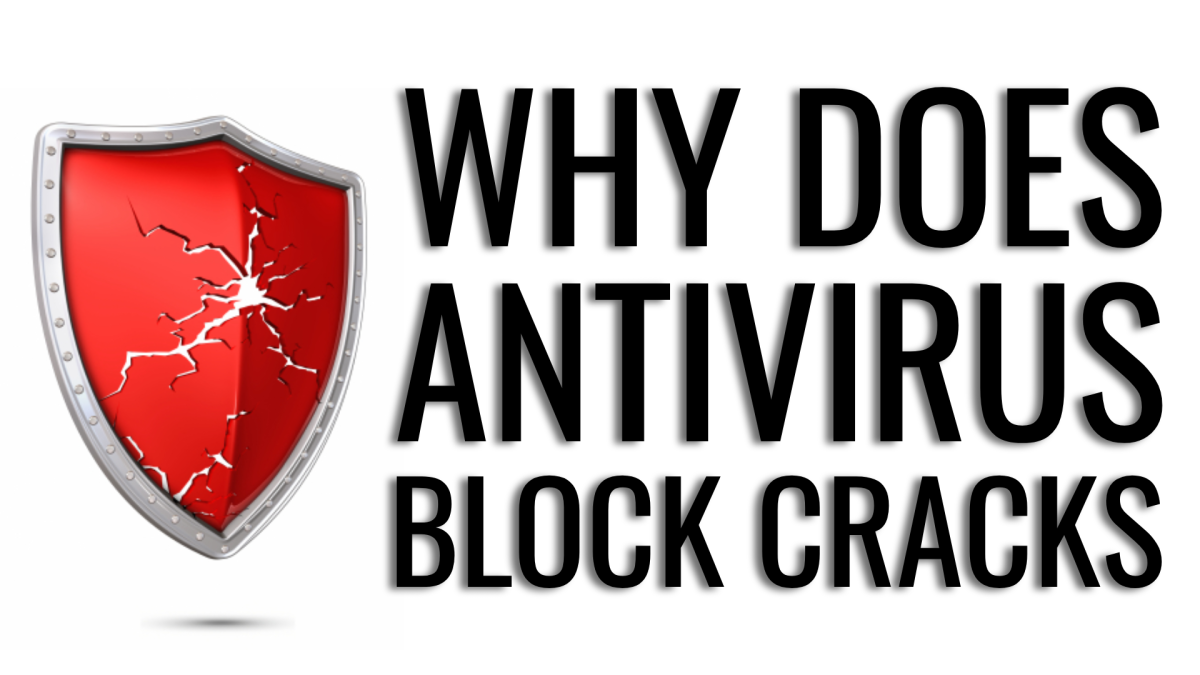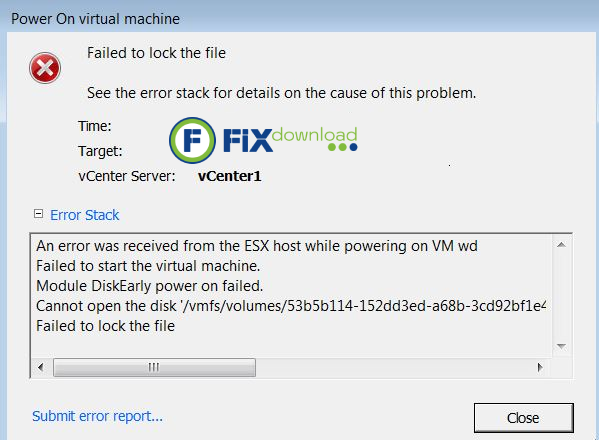
Why Antivirus and Windows Defender Kill Cracks
Anyone who has tried running software with a crack or patch has probably noticed the same thing: antivirus tools and Windows Defender immediately block or delete the file. This isn’t random, and it doesn’t necessarily mean the file itself is malicious. Instead, it’s the direct result of how security software is designed to detect and stop suspicious behavior. Let’s break down the main reasons why this happens.
How Antivirus and Windows Defender Detect Files
Modern security systems don’t just rely on lists of known threats. They also analyze how a file behaves. If an executable tries to modify another program, bypass activation checks, or inject itself into running processes, the antivirus interprets this as unusual activity. Cracks use exactly these kinds of techniques, so they trigger the same alarms as harmful software.

Why Cracks Look Suspicious by Design
The whole point of a crack is to disable built-in protections inside a program. To achieve this, it often modifies executables, changes registry values, or alters license verification routines. From a purely technical standpoint, these are the same patterns that security tools are trained to catch. That’s why cracks are almost always flagged, regardless of their actual content.
Personal Observations
Тестируя ПО на виртуальной машине, я заметил закономерность: любой файл, вмешивающийся в процедуры активации, мгновенно блокировался. Даже если кряк не содержал ничего другого, Защитник Windows считал его опасным просто из-за его поведения. Официальные установщики, напротив, прошли проверку без проблем — они имеют цифровую подпись и соответствуют ожиданиям системы.

Conclusion
Antivirus and Windows Defender “kill” crack files because they behave in ways that security tools are specifically built to detect. Even if the crack itself doesn’t contain anything extra, the methods it uses — modifying code, bypassing checks, or altering system behavior — are enough to trigger a response. In short, cracks are flagged not because of what they are, but because of what they do.



